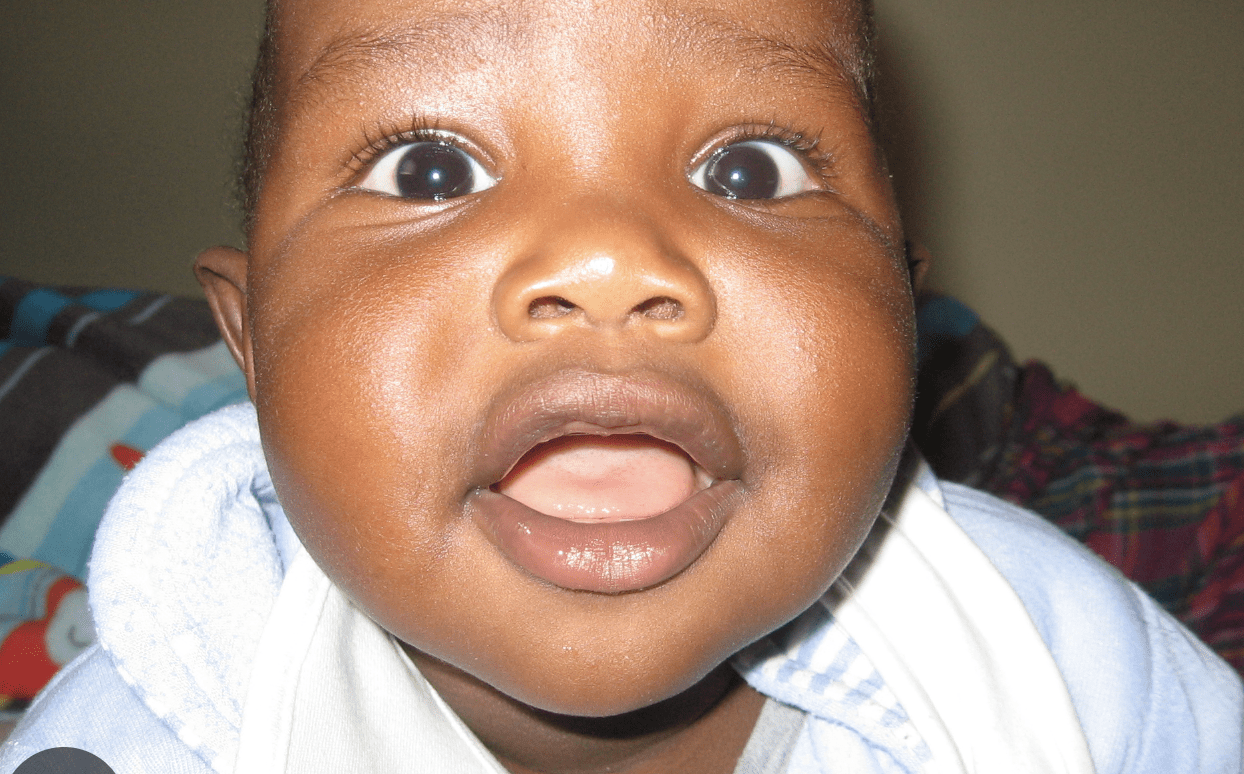AFRICA RENEWAL – A new report by the World Health Organization (WHO) Regional office for Africa finds that most African countries continue to rely heavily on out-of-pocket payments to fund their health services.
The practice places a financial burden on over 200 million people, including pushing over 150 million people into or deeper into poverty across the WHO Africa Region; exact a heavy price on people’s health; and hamper progress in attaining universal health coverage.
The report’s key data and findings:
In 2019, out-of-pocket payments accounted for over a quarter of health spending in 31 countries. In 11 countries, out-of-pockets payments were more than a half of health spending, and in three other countries, they exceeded 70%.
The number of people pushed into poverty and the number of people living in extreme poverty (on less than $2.15 a day) pushed further into poverty because of out-of-pockets payments has decreased, having halved from 302 million people in 2000 to 152 million in 2019.
However, it did not decrease as fast as in the rest of the world, where it dropped by over three quarters during the same period (from 1.3 billion people or 22.2% of the global population in 2000 to 344 million people or 4.4% in 2019).
Worryingly, half of all people who are impoverished globally because of out-of-pocket payments live in the WHO Africa region, a trend that has been on the rise since 2000, when, globally, only two out of ten impoverished people were in Africa.
Catastrophic out-of-pocket payments have increased, although at a slower rate than globally. More efforts are needed to reverse this trend. This includes exempting poor people from paying out-of-pocket for the treatment they need.
The number of people pushed into or deeper into poverty because of out-of-pocket payments is of particular concern given that, on average, a person in Africa is spending less (about $35 per year in 2019) on healthcare than anywhere else in the world …



